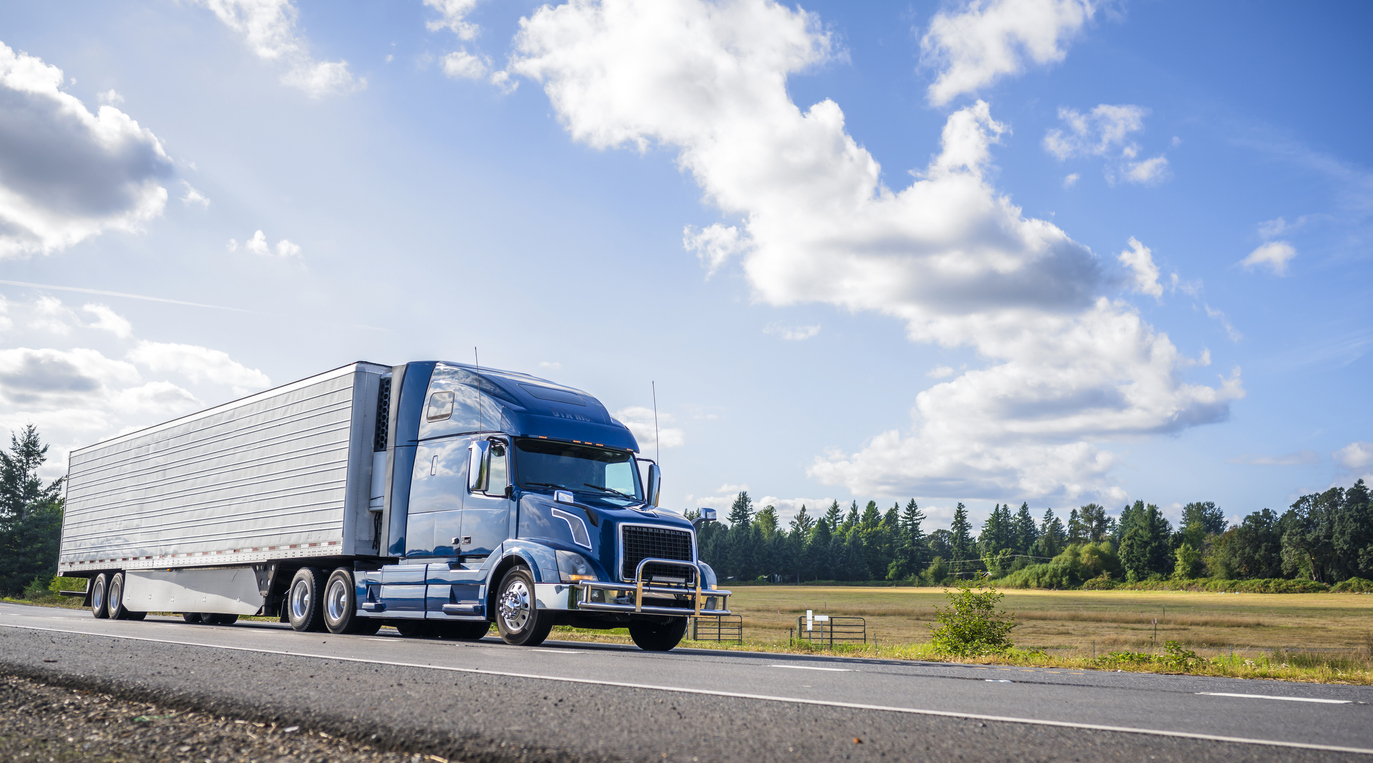
Millions of commercial vehicles, such as big rigs, buses, and tanker trucks, are registered in the United States today. If your goal is to operate one of these heavy machines, you’ll need a commercial driver’s license (CDL). There are multiple types of CDLs, so you must know what classification you’ll need for the vehicle you intend to drive.
The Purpose of Commercial Driver’s Licenses
Large commercial vehicles handle differently than small passenger cars, especially during wet, slippery, or otherwise hazardous conditions. Because of this — and the dangerous characteristics of truck accidents — drivers must be trained to safely operate these monstrous vehicles. A CDL is intended to demonstrate that the holder has that skill.
Those looking to obtain a CDL must pass both knowledge-based and practical tests. They must also prove that they’re physically fit to drive and don’t have any medical conditions that might make them a risk behind the wheel.
Decades ago, each state could determine the CDL holder’s qualifications. This led to a situation where someone might not be qualified to drive one type of commercial vehicle in one state but could obtain the necessary license from another state.
This dangerous workaround was rectified 39 years ago when Congress passed national commercial vehicle operation and operator licensure requirements.
3 Primary Types of Commercial Driver’s Licenses
A person seeking a commercial driver’s license can apply for a Class A, Class B, or Class C license. There are also specialized endorsements drivers can obtain as needed, such as an endorsement to transport hazardous materials. The difference between these three classes comes down to the type and weight of the vehicle that can be operated.
1. Class A CDL
A Class A commercial driver’s license permits a driver to operate any type of vehicle that has a gross vehicle weight rating (GVWR) of 26,001 or more pounds. This type of license is also required if the operator intends to tow a trailer with a GVWR of 10,001 or more pounds.
The gross vehicle weight rating is the maximum loaded weight at which the vehicle can still be operated safely.
A Class A CDL holder can also operate vehicles that require a Class B or Class C license without needing to obtain additional licenses.
2. Class B CDL
Drivers looking to operate box trucks, buses, and similar vehicles will typically need a Class B CDL. This license allows the holder to drive a vehicle with a GVWR of more than 26,000 pounds. A Class B CDL is also needed to tow a trailer with a GVWR of 10,000 pounds or less.
While a Class B holder can’t drive a commercial vehicle that requires a Class A license, they can drive vehicles that require a Class C license.
3. Class C CDL
Finally, a Class C license allows a driver to operate any vehicle designed to transport 16 or more individuals, including the driver. Someone with a Class C CDL can also drive small vehicles transporting hazardous materials. A Class C license holder cannot drive a truck that calls for a Class A or B license.
The Importance of CDLs
Commercial vehicle drivers control trucks and other large vehicles that can cause tremendous damage in a crash. Requiring these operators to have an appropriate commercial driver’s license helps protect the public from unqualified drivers.
Transport professionals are responsible for knowing the type of CDL they need to operate a given vehicle. This is especially important for Class B and C holders, who can’t legally operate the same range of vehicles as Class A license holders.
Contact the Utah Truck Accident Lawyers at Parker & McConkie Today
For more information, please contact an experienced truck accident lawyer at Parker & McConkie Personal Injury Lawyers to schedule a free initial consultation today. We have 5 convenient locations in Utah, including Midvale, Salt Lake City, Ogden & Provo, UT. Clients can also visit our offices in Idaho Falls, ID & Rock Springs, WY.
We proudly serve Weber County, Utah County, Salt Lake County in Utah, Bonneville County in Idaho, Sweetwater County in Wyoming , and its surrounding areas:
Parker & McConkie Personal Injury Lawyers – Salt Lake City Office
466 S. 500 E., Suite 100,
Salt Lake City, UT 84102
(801) 851-1202
Hours: 24/7
Parker & McConkie Personal Injury Lawyers – Midvale Office
7090 Union Park Ave, #160,
Midvale, UT 84047
(801) 845-0440
Hours: 24/7
Parker & McConkie Personal Injury Lawyers – Ogden Office
2510 S Washington Blvd, Suite 160,
Ogden, UT 84401
(385) 402-8187
Hours: 24/7
Parker & McConkie Personal Injury Lawyers – Provo Office
37 E Center St, Suite 300,
Provo, UT 84606
(801) 876-4107
Hours: 24/7
Parker & McConkie Personal Injury Lawyers – Rock Springs Office
531 N Front St,
Rock Springs, WY 82901
(307) 205-7400
Hours: 24/7
Parker & McConkie Personal Injury Lawyers – Idaho Falls Office
2235 East 25th St. Suite #280,
Idaho Falls, ID 83404
(208) 418-0633
Hours: 24/7



